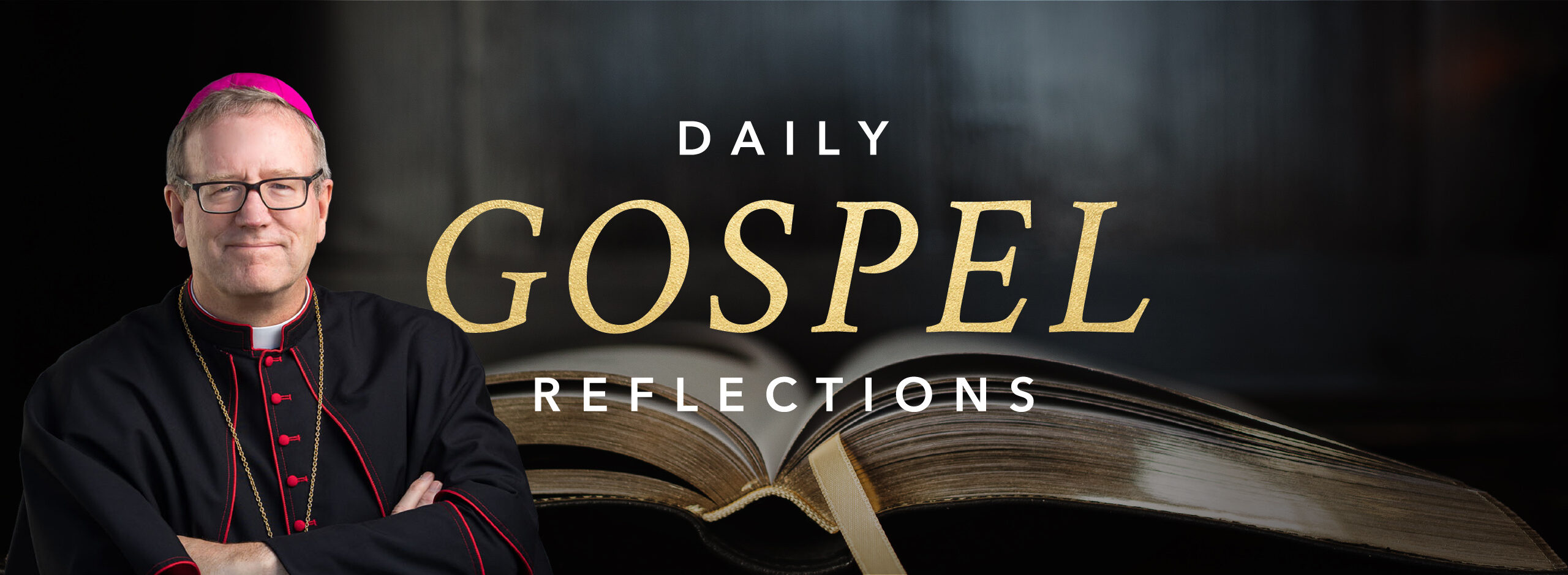Friends, today’s Gospel promises eternal life to those who believe in the Son of God.
In almost every religion, the life of faith has something to do with a creature’s relationship to the Creator; nearly all religions speak of the creature’s dependency upon God, of his subjection to the divine providence, and of his need for grace and forgiveness. Christianity, too, articulates these basic relationships, but it pushes beyond them because it speaks of the Incarnation and the gifts associated with it.
We hear in the third chapter of John’s Gospel that “God so loved the world that he gave his only-begotten Son, so that everyone who believes in him might not perish but might have eternal life.” This well-known verse summarizes the Christian faith and gives expression to its distinctiveness, for it speaks of the possibility that a creature might share in God’s own life.
The purpose of the sending of the Son was to gather the human race into the divine life—the rhythm of the Trinitarian love—so that we might relate to God not merely as creatures but as friends. You see, love becomes complete only when there is another who can receive fully what the lover wants to give.
